
15 minute read
PROFILES
from 2020-11-20
Discovering her passion for writing at a young age, Athena Wu ‘24 aims to empower youth through journalism and create change in her community one article at a time.BY SOOMIN KOH ART & DESIGN BY YOUJOO LEE

Advertisement









The world of writing always intrigued Athena Wu ’24. From crafting intricate lines of poetry to illustrating magical worlds through the genre of fantasy, Wu has always been entranced by literature. It was at the end of her fifth grade year, however, when her passion for writing and vision to better represent her peers came to fruition when she launched the Rocket Times, Van Allen Elementary’s student-run newspaper.
“I felt frustrated that people looked down upon elementary school kids and thought we couldn’t do many things, so I wanted to change that. I

12
PROFILES wanted to prove that elementary school kids could do things,” Wu said.
Wu gathered a group of her classmates with the hope of creating an outlet where she could further develop her writing skills and create lasting change in her school’s community. Despite beginning with just four members, Wu was determined to pursue this vision.
“I wanted this newspaper to bring more life to the school because it felt like elementary school students did not know of our school events to look forward to,” Wu said. “I thought that maybe with a newspaper, we would be able to bring light to these events and have more communication between the younger grades and older grades.”

Wu began by touring the West High newsroom and reading through stacks of previous WSS publications. Inspired by the bustling energy and environment of the WSS, Wu used her fifth grade classroom as her own newsroom where she held weekly meetings with her peers.
“We would start our club meetings with an icebreaker, then mostly discuss ideas that we had and could improve upon. We then started to draft articles and copy and paste them to the online platform that we used,” Wu said.
Weeks after their initial meeting, the first issue of the Rocket Times was published on Smore with the help of a group of WSS staffers. From articles about handmade slime and fidget spinners to Mother’s Day celebrations, the first pub-
lication of the student-run club was read by students, teachers and parents alike.
“We wrote about things that normal elementary students would be interested in. We also wrote about school events,” Wu said. “We printed six physical copies, but most read our issue on Smore. The reaction was great, and many told us they enjoyed it.”
George Liu ’19, a former WSS staffer and mentor to the Van Allen students, was particularly impressed by their motivation and determination. After volunteering to help set up the newspaper and publish the first issue, he was excited to see the Rocket Times’s success.
“It was very much a pleasure to work with the kids; they were all highly motivated to learn about the field of journalism and how they can use it to engage and influence their school community,” Liu said. “It was refreshing to see this level of interest at their age.”
Wu’s fifth grade teacher, Bridget Laroche, also realized that her students had more than enough initiative and passion to achieve great things. The Rocket Times offered a space for students not only to write but to interact with other students outside the classroom.
“The newspaper club gave students an opportunity to be involved in a different sort of club than what was previously offered. We found that many students really did want to be involved in something,” Laroche said. “Some students joined because they loved to write, but many joined for the social aspect.”
As time passed, more students began to show interest as curiosity about the newspaper and its upcoming issues escalated. The group of four slowly transformed into a club of over 20 students.
“I was kind of surprised that my idea had worked, but once it did, I hoped that the club would get even bigger. I wanted people to want to read it and for classmates to actually enjoy writing,” Wu said.
Behind every issue of the Rocket Times was weeks of preparation. Staffers of the newspaper came together weekly to discuss current events, upcoming school assemblies and popular trends amongst students. They also encouraged other students to submit short stories, poetry or other pieces of writing to the student-run newspaper.
Ridley Hazeltine ’24, a founding member of the Rocket Times, believes the club gave her a peek into the field of journalism and a once-ina-lifetime opportunity to create lasting memories with her peers.
“The atmosphere [of the club] was wonderful, as all the members were so supportive, and we had some really inspiring discussions,” Hazeltine said. “I think the best part was being able to pursue an opportunity that a lot of other kids may not have, starting a club and really making the most out of it, as well as getting experience as a journalist.”
As several more editions were published, the attention of parents and teachers, as well as the

opportunities it offered for elementary students, made the Rocket Times a success.
“It was great to think that even as a shy kid, I could get out and change something, no matter how small. That was the confidence boost that made it worthwhile to keep up with the newspaper,” Wu said.
After graduating from Van Allen and passing the Rocket Times down to future generations, Wu continues to pursue journalism and is currently taking Foundations of Journalism to further her career in writing.
“Back then, journalism seemed like a way that I could show that kids can do something and also use something that I’m strong at, which is writing,” she said. “I’m glad I started the Rocket Times because I could prove that kids can do big things if they put their mind to it.”

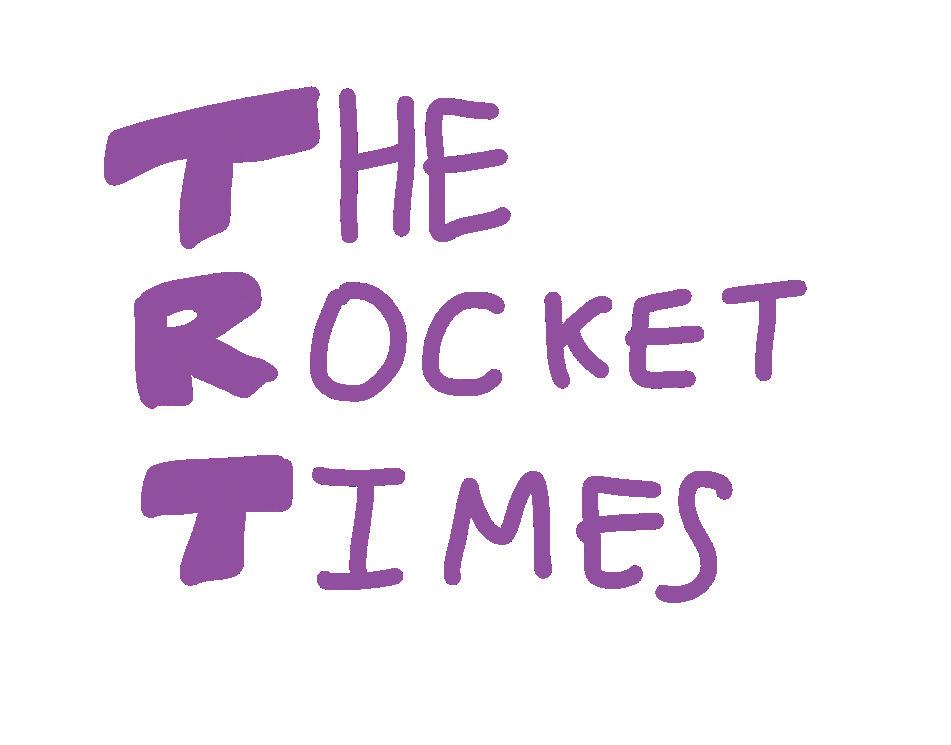
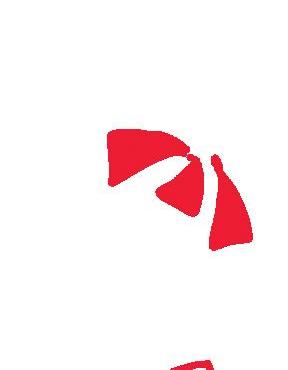


PHOTOS COURTESY OF ATHENA WU
Athena Wu ‘24 walks the grounds of the elementary school she previously attended.

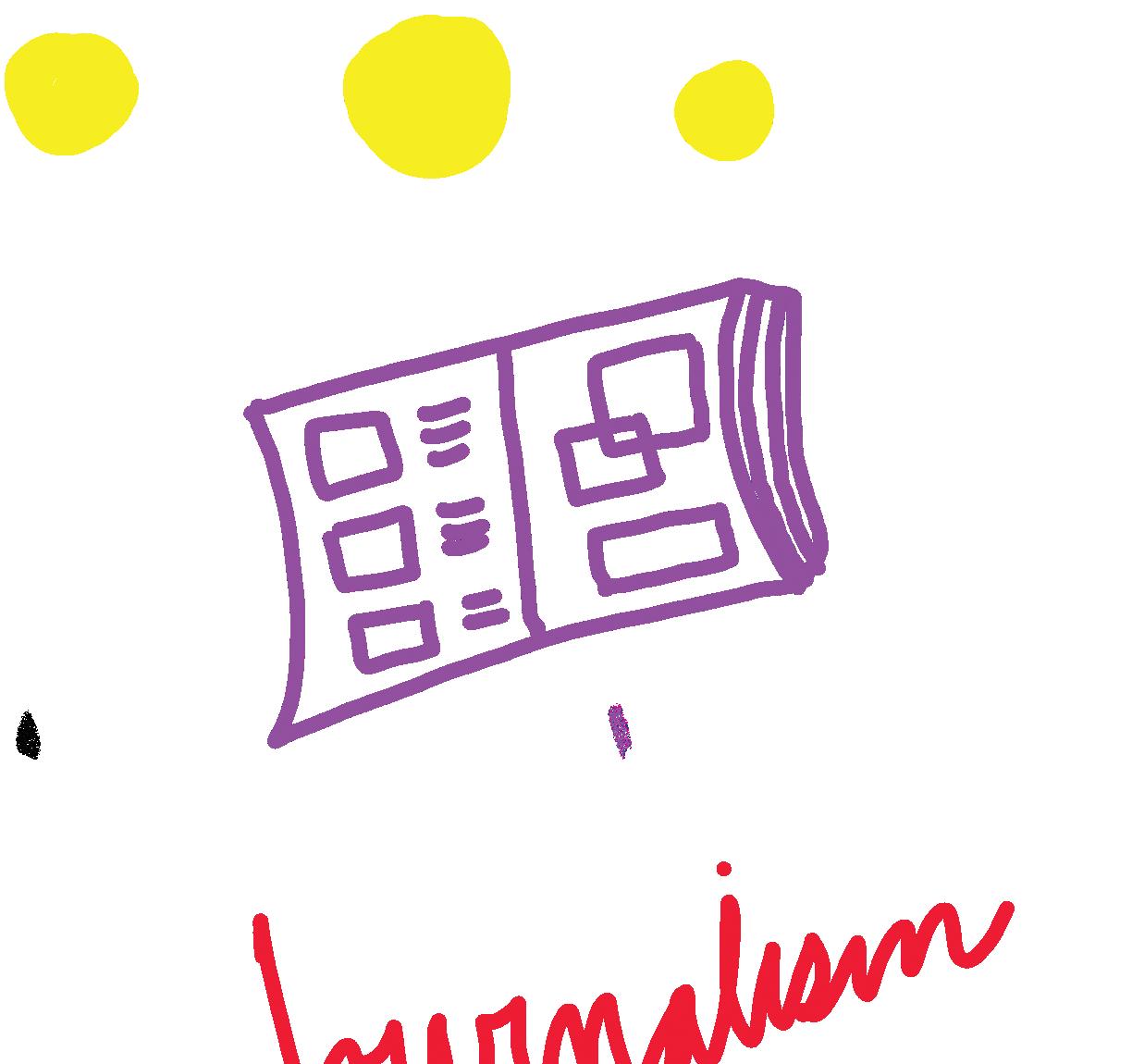

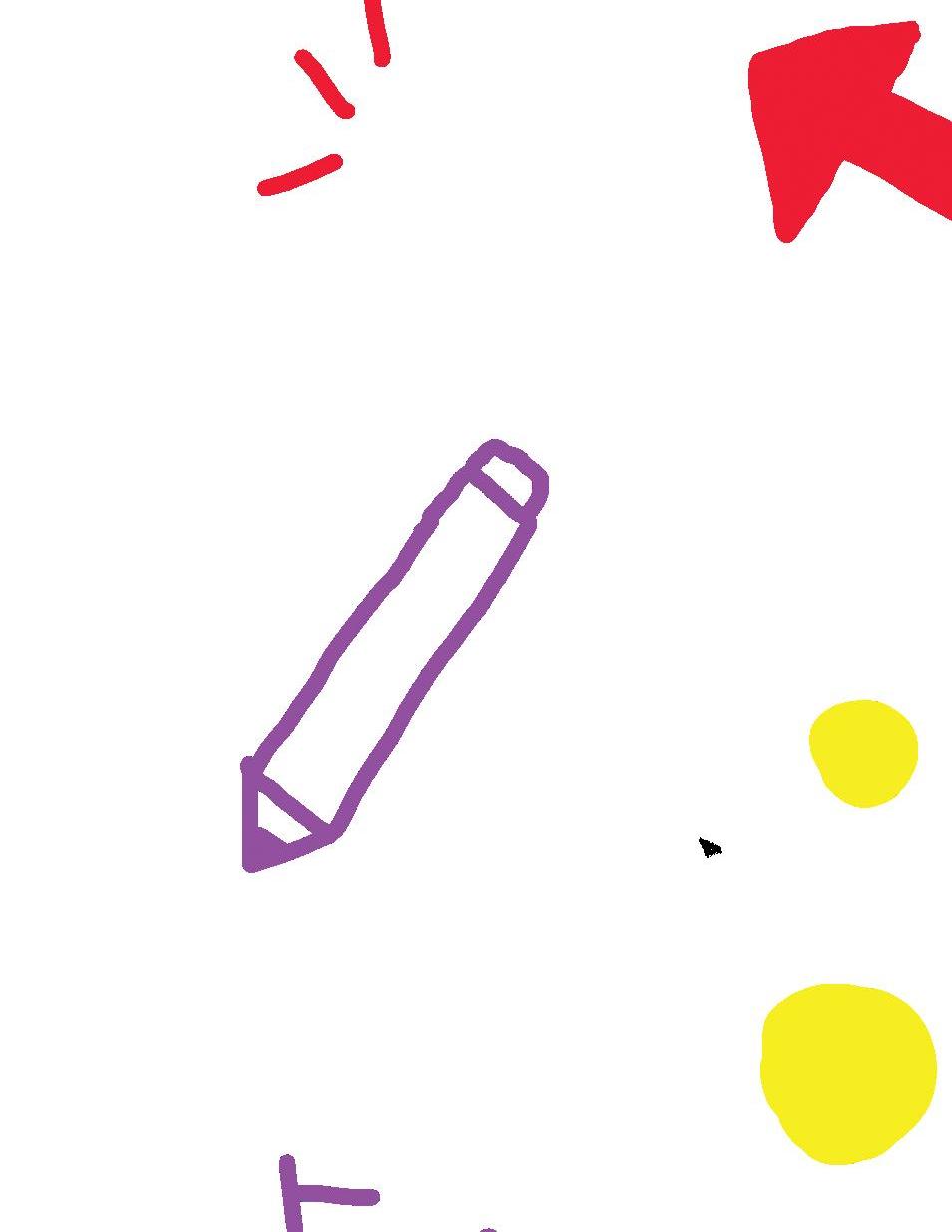

- ATHENA WU ‘24
PROFILES


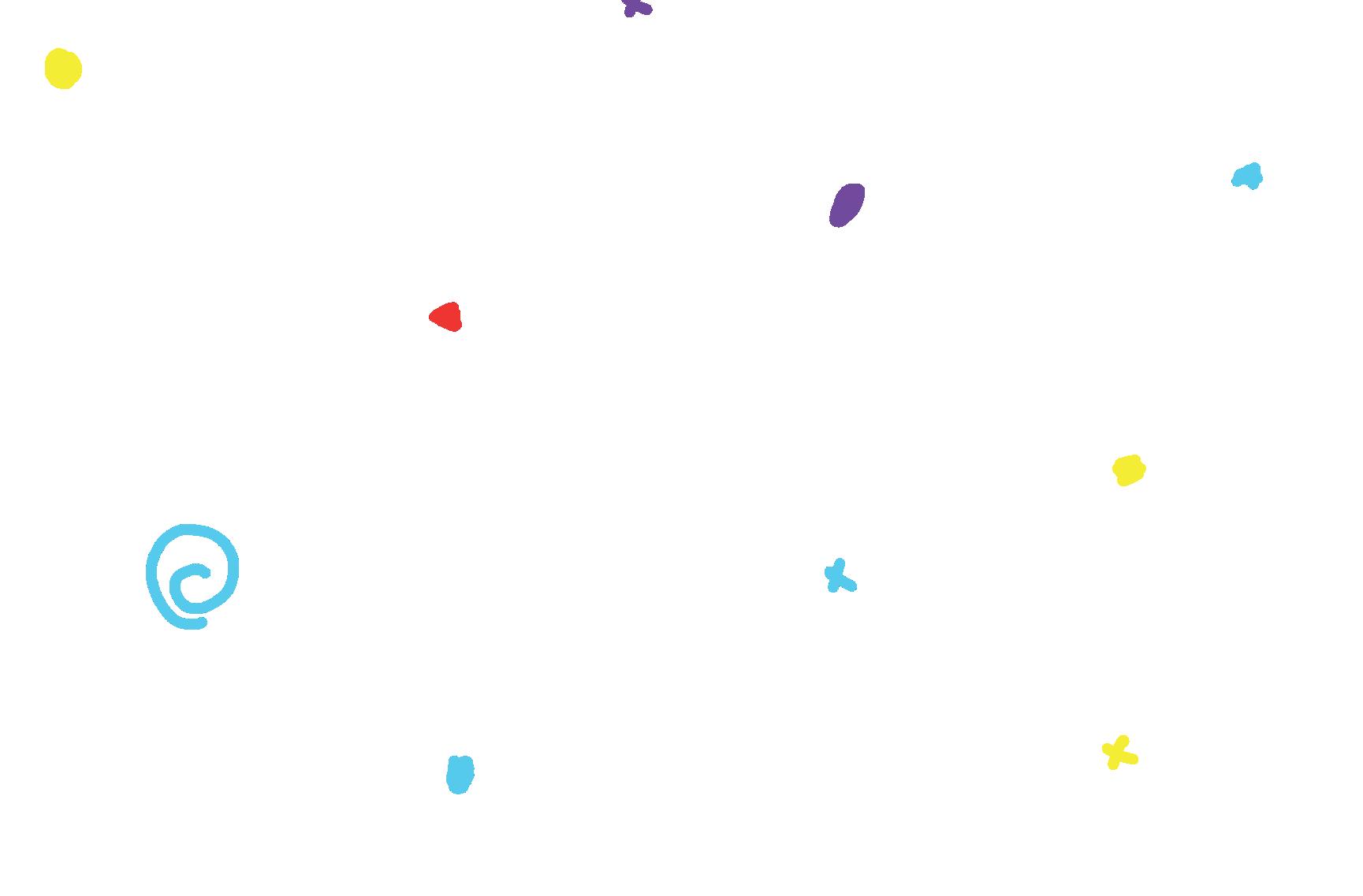
13
As the first trimester comes to an end, West High teachers share their experiences with online schooling and how they’ve adjusted to its challenges.

BY AUDREY PARRISH & KATHERINE SHOPPA CHEMISTRY CHALLENGES
With the typical practice of doing hands- “This experience forced me out of my comfort on labs in chemistry being taken away, zone a bit and challenged me to get creative in science teacher Megan Bildner is facing how I was going to deliver my class content,” she many challenges while adjusting to teaching on- said. line. Half of her day is now spent teaching live Bildner was both excited and nervous to start classes, and the other on various Zoom meetings the school year, seeing it as a great opportunity and responding to emails. This caused her to to collaborate with more people across the dismake many small changes to her teaching style, trict but also anticipating its many challenges. from the setup of Canvas and other programs to “I expected that it would be a lot of work and a the amount of work she assigns.. bit overwhelming at times,” Bildner said. “[But]
“You name it, it’s probably been adjusted,” Bild- it has been an overall positive experience, and I ner said. have learned a lot of new skills that I can transfer
Although these changes have been made rela- to my in-person classes someday too.” tively easily according to Bildner, she feels that Bildner believes there is a lot more responsibilthe most difficult part of online learning is miss- ity being put on students in the online learning ing out on getting to know her students as indi- model. She feels that even though the situation viduals. may not be ideal, this learning experience is a
“While there are many types of interactions we blessing in disguise. can have online, those quick, organic day-to-day “I truly believe students are learning very imcheck-ins and random conversations in between portant time management and interpersonal classes are so enjoyable,” Bildner said. “I feel that communication skills that I didn’t develop until those moments bring a sense of camaraderie be- well into college,” Bildner said. “I think, while tween myself, students and between peers too. I possibly tricky and overwhelming now, these miss that.” skills will have a positive impact in the future.”
Along with this year’s missing sense of community, there are additional challenges that are unique to online science classes. Since it is no longer possible for students to do physical labs together, teachers have switched to using new platforms such as PIVOT, a website that allows students to complete virtual labs. Despite the challenges of switching to these platforms, Bildner has learned some valuable skills as a result of the new technologies she’s used.


BAND BLUES
“Doing full-time online couldn’t be any more different,” said online band director Rich Medd. Instead of the usual noises of a band playing together during class, Medd now only hears his students play when one accidentally unmutes during rehearsal. Teaching virtually, he has come to realize how crucial social interaction is to band.
“When you’re in an ensemble, you hear everybody else, you work together with everybody else, you have to compromise,” Medd said. “There’s the whole social aspect of band, and so now you’ve kind of taken all of those types of things away.”
Another challenge Medd is facing is figuring out how to best teach students when he is not interacting with them as much as he would in person.
“The best that we can do is figure out a way that students can still play, even though they can’t hear each other, and I can’t hear the students play,” Medd said. “And that’s just odd.”
Medd has been using different music technology apps such as GarageBand to put together
14
PROFILES
recordings for his students to listen to and play along with. He realized that his main goal was to ensure students were able to practice and play their instruments even while attending rehearsals over Zoom.
“I just wanted students to play, and from what I can tell, I think students are,” he said.
However, without every student being able to turn on their cameras in class, it’s difficult to tell how much playing is being done.
Medd realizes that not every single student is able to have their cameras turned on for class but still finds it challenging not to see his students’ faces.
“There is a regular slew of students that have cameras on, and I can see that they’re playing, and that makes it a lot more interactive for me,” Medd said. “If I just see their name in a black box with a little red microphone turned off, sometimes I just feel like I am talking to the wall.”
Despite all of the challenges that come with online learning and teaching, Medd is still trying to keep spirits high and make band a fun experience for everyone. With the recording software he is using, Medd is stringing together a video of students playing “Tribute to Troy” and “Fight Song,” just like they would play when marching at football games in the past.
Medd says that one of the benefits of teaching band online is that he has gotten the chance to individually talk with his students.
“I’ve never invited students to come in and just talk with them for ten minutes and find out what they’re into and what they want to work on,” Medd said. “We had the opportunity to do that which we wouldn’t normally have.”
CAUTIOUS CHOIR
From wearing large, white, cone shaped masks while singing to having students on Zoom meetings trying to sing from their own homes, choir teacher Luigi Enriquez has had to find many new ways to keep music in students’ lives.
“Choir is about community building through singing and getting those experiences of hearing a chord lock in tune, sharing words of affirmation to each other or holding hands when we sing,” Enriquez said. “We don’t get to have that experience when I’m dealing with two classes at once and when we can’t really sing through a video chat.”
While he has tried to compensate as much as possible, Enriquez knows that learning choir online is difficult for many depending on their home environment.
“It is so different from what we normally do,” he said. “Singing requires a space where you can freely make sounds. In school we have the choir room for that, but each student has a different home situation, so making a loud sound might not be the best for someone.”
Although dealing with technological problems that come with Zoom has been strenuous, teaching hybrid has also created some challenges. In addition to wearing masks, students being split
“WE SING ON AND CONTINUE TO LEARN FROM OUR CHALLENGES.” -LUIGI ENRIQUEZ, CHOIR DIRECTOR


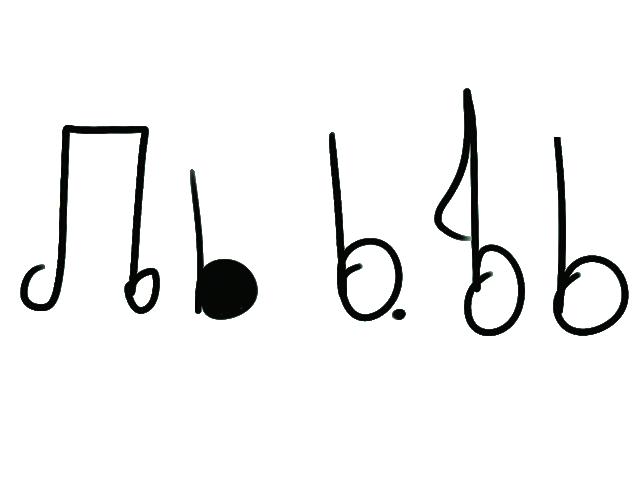


up into hybrid A, hybrid B and online groups has caused a disruption to the typical choir experience.
“It is already stressful enough to sing in front of others and have your voice on display, but it is much more difficult for singers to move their jaw or face when singing in their masks,” Enriquez said. “I’ve also had to think of ways to make singing in a smaller group and singing online more accessible and engaging.”
In Enriquez’s efforts to keep choir an interactive class, he has found ways to keep his hybrid and online groups connected by using Zoom for polls and activities. Enriquez is also organizing a virtual concert by editing students’ singing recordings into a video.
With all the new adjustments to holding choir online, there have been days for Enriquez that have not gone as planned. After long or hard days, Enriquez says his students motivate him the most.
“I appreciate the little words of thanks that they say at the end of class or the small comments of ‘It’s okay, Mr. E, you’re trying your best’ in the Zoom chats,” Enriquez said. “If a lesson doesn’t go right or a technology thing goes awry, I always try to find the light-heartedness in it all, and usually someone will make a comment in the chat or in person that will make the class laugh, and then I will also laugh, and then we all laugh, and then five minutes later, the bell rings.”
Going into the school year, Enriquez knew it would be a challenging time, but regardless of the struggles, the choirs are still singing and continuing to grow through this experience.
“I think most people like patterns and when everything has been turned upside down, what do you do?” he said. “We have never done this type of teaching and learning before, so we sing on and continue to learn from our challenges.”
When Enriquez looks back on the beginning of the school year, he wishes he could give himself this one piece of advice: “Bro, can you just relax, please?”
At the end of the day, he is confident that some good will come out of this experience.
“[We’ve learned] that relationships matter. That connection matters. We start to focus on what is really significant for our young people and how we can best help them on their educational journeys. I have focused more on who is in my classroom and have learned these small intricacies that engage good conversations and relationship building,” he said. “As much as we are distant from each other, for me, I think this has been some of the most meaningful teaching I’ve done in my young career.”
PROFILES
15
THANKS TO OUR SPONSORS



16

ADS


ADS




